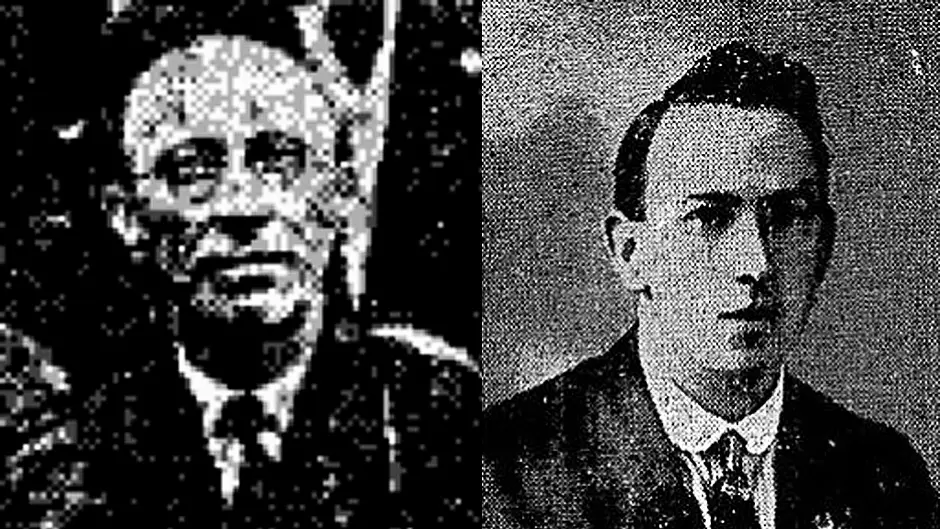In the 1930s, West Cork was abuzz with rallies and marches for better working conditions, from Drinagh to Dunmanway
BY GEARÓID O’SULLIVAN
IT is now hard to remember, as a result of Covid-19, what a social life was.
West Cork is well known for its distinguished pubs both locally and on the tourist circuit, as well as social outlets like GAA clubs and Macra na Feirme branches.
What has been forgotten about, and consigned to the pages of history, however, are the various working men’s clubs established across West Cork in the 1920s and 1930s.
Before the mass produced farm machinery of today began to surface in the late 1940s, the region had a large population of agricultural labourers. In the midst of the formative years of the Free State during the 1920s, agrarian land wars in North and West Cork were especially volatile but were overshadowed by the conflicts of the era.
The organisation of farm labourers under the auspices of Christian Socialism began to take place. Working people’s clubs were established by TJ Murphy, an early Labour TD for the Cork West constituency and future Minister for Local Government in the 1940s; Timothy Quill, also an early Labour TD for the Cork North constituency, regional trade union secretary for North West Cork and an icon in the Irish co-operative movement; and Cllr Patrick Crowley.
The clubs were supported by cottage tenants’ associations, the IT&GWU, INTO, the NUR (railroad union) and co-operative societies. The clubs would meet after mass and some were even supported by parish priests.
Murphy and Quill, in particular, referred to the need to put Catholic social teaching into practice regarding the dignity of the human person in order to combat the severe poverty and hunger of those in insecure employment or having no work at all. Murphy, a member of the West Cork Board of Health, and Quill, a member and future chairman of the South Cork Board of Public Assistance, would take the time to talk to members on matters regarding the provision of housing and health services for the most desperate of labourers, and would bring matters before the finance and housing committees of the Cork County Council.
By 1930, there were working men’s clubs established in Castletownkinneigh, Drimoleague, Leap, Drinagh, Ballineen, Bandon, Clonakilty, Caheragh, Bantry, Ahiohill, Derrincorrin, Dunmanway, Rosscarbery, Skibbereen, Courtmacsherry, Barryroe, Timoleague, Rossmore, Enniskeane and Ballinacarriga, according to Southern Star reports from the time.
Large and enthusiastic rallies were held in Clonakilty and Bandon after noon mass, in particular. These rallies featured processions and marching bands through the towns and Labour party leaders like Tom Johnson TD, Thomas J O’Connell TD and William Norton TD gave speeches in the town centres. At one such meeting in Clonakilty, Quill and Murphy spoke of the ‘cancer’ of unemployment and work at below a living wage. They criticised Cumann na nGaedheal, saying that the first duty of a government claiming to be Christian was to open up employment for its people.
They also urged that business be conducted on co-operative lines. Despite this, Labour Party support would remain extremely weak in comparison to Cumann na nGaedheal, the Farmers’ Party and Fianna Fail, especially following the latter’s entry to the Free State parliament in 1927, where Labour’s relatively peripheral role in Irish politics was firmly cemented.
The clubs would, however, themselves have a vibrant existence throughout the 1930s and became regular fixtures after masses.
Although TJ Murphy would become Minister for Local Government from 1948 until his sudden death in 1949, the clubs in West Cork would fall into decline. Similar to the circumstances brought on by pandemic, one would be forgiven for laughing at the suggestion that West Cork, a picturesque corner of the world and a bustling hub for tourism and trade, was once an active base for organised labour. Yet, things like this are what make history so fascinating.







